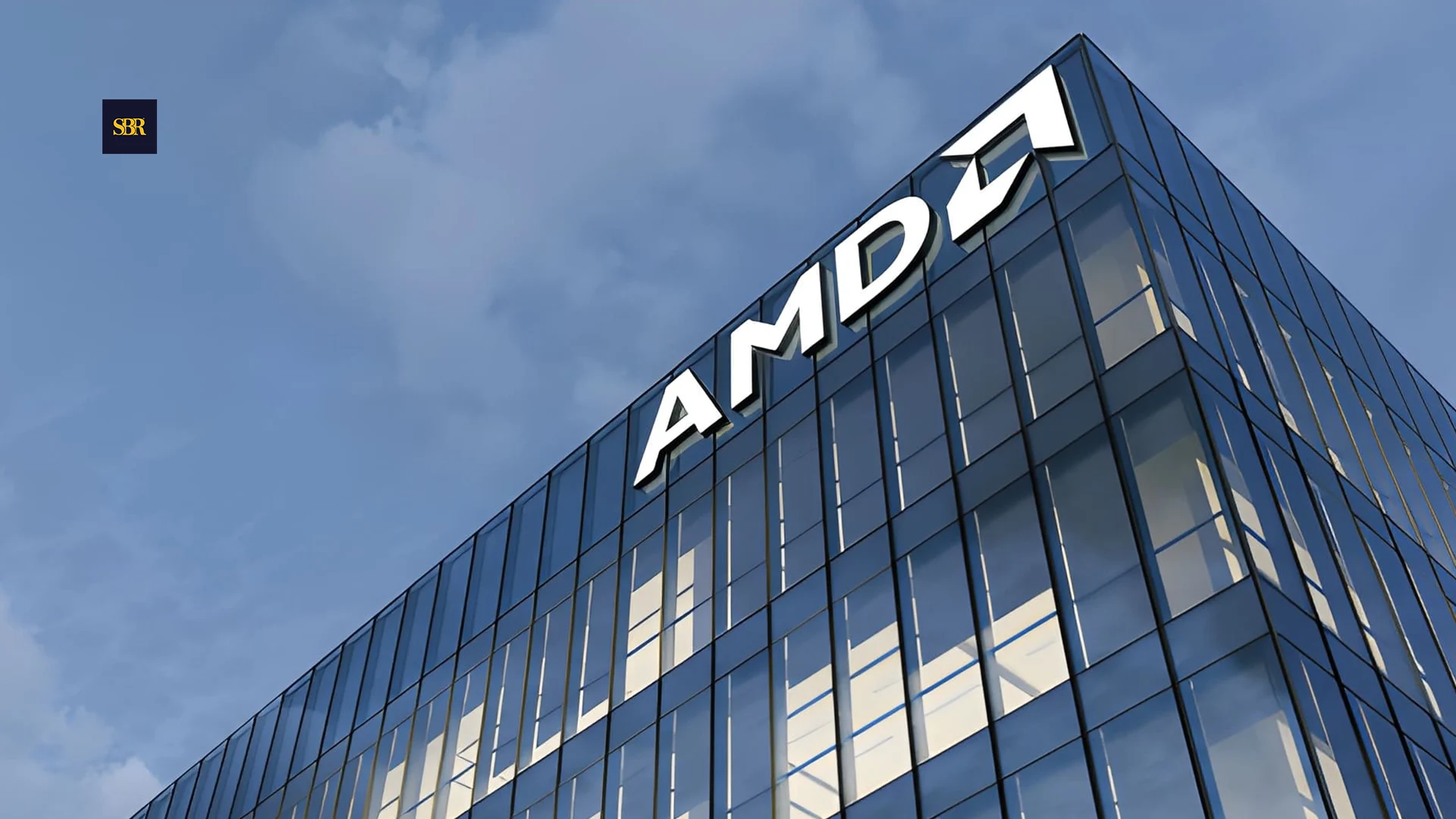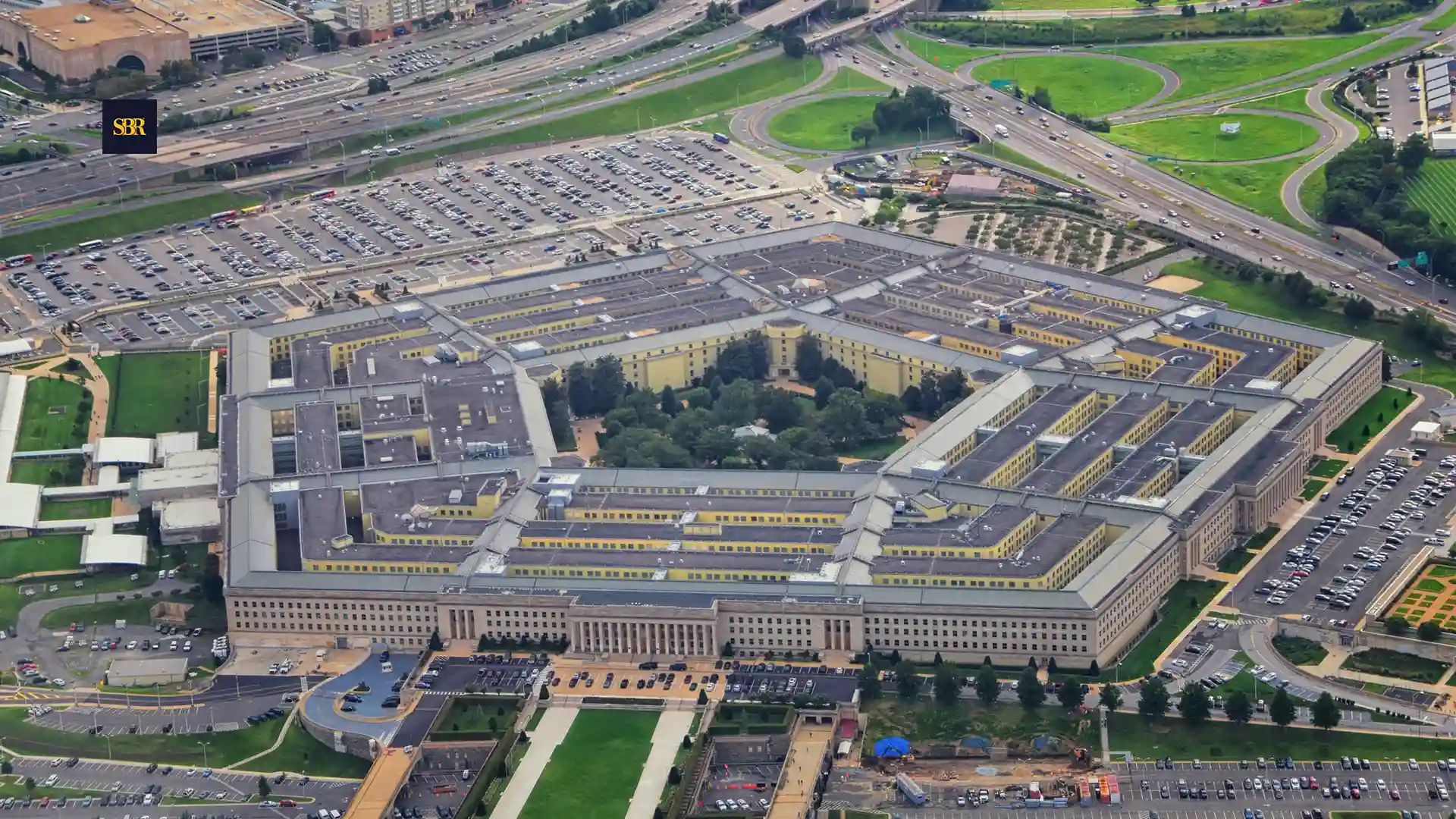Alaska Air Group has agreed to acquire competitor Hawaiian Airlines in a $1.9 billion transaction, initiating a possible regulatory conflict in the second proposed consolidation of airlines within a span of less than two years.
Alaska Air Group is set to acquire Hawaiian Airlines at a rate of $18 per share, while also assuming $900 million of the airline's debt, as disclosed by both companies on Sunday. Hawaiian Airlines concluded trading on Friday with shares at $4.86, resulting in a market capitalization of approximately $250 million. The shares have experienced a nearly 53% decline over the course of the year.
Hawaiian Airlines has faced a series of difficulties, including the Maui wildfires, heightened competition from Southwest, which has expanded its services in Hawaii, and a slower rebound in travel to and from Asia following the pandemic. Since the beginning of 2020, Hawaiian has reported net losses in all quarters except one. In contrast, Alaska and several other carriers have managed to regain a stronger financial position as the impact of the pandemic has diminished.
“What we saw here was a unique opportunity in time at the valuation that we saw Hawaiian at,” said Shane Tackett, Alaska Airlines’ CFO, in an interview. He said the deal would position the merged entities as a "market leader" in the premium-travel segment of the Hawaiian market.
Carriers have encountered significant resistance from President Joe Biden's Justice Department in their attempts to merge for enhanced competition against larger competitors. In a recent development, the DOJ successfully won a lawsuit to dissolve a regional partnership in the Northeast between JetBlue Airways and American Airlines earlier this year.
The Justice Department has also taken legal action to prevent the proposed acquisition of the discount carrier Spirit Airlines by JetBlue Airways. The trial for this case is anticipated to conclude in the coming days.
The four major airlines, namely American, United, Delta, and Southwest, currently dominate around 80% of the U.S. market. Hawaiian and Alaska Airlines have indicated that they anticipate the completion of the transaction within the next 12 to 18 months, depending upon approval from regulators and Hawaiian's shareholders.
During a conference call with analysts on Sunday evening, Alaska CEO Ben Minicucci conveyed optimism about the approval of the deal. He highlighted 12 overlapping markets, a joint total of 1,400 daily flights, and an expanded network. Minicucci asserted that this broader network would position the airline to compete effectively with the four largest carriers in the industry.
“We are hopeful that it will be seen in a positive light,” he said.
The Association of Flight Attendants-CWA, representing cabin crews at both Alaska and Hawaiian Airlines, has stated that it will assess the details of the deal.
“Our first priority is to determine whether this merger will improve conditions for Flight Attendants just like the benefits the companies have described for shareholders and consumers,” the AFA said in a statement. “Our support of the merger will depend on this.”
The merged entity will have its headquarters in Seattle, the current headquarters of Alaska Airlines, and will be headed by CEO Ben Minicucci.
“Given the transaction dollars we paid we feel this is strategically a step-change for us to accelerate not only our financial performance but the growth of our network,” he said on the call.
The two airlines have announced their intention to maintain each carrier's brand while operating on a unified platform. The merger will result in a combined fleet of 365 airplanes, serving 138 destinations.
Before the pursuit of Hawaiian Airlines, Alaska Airlines completed the acquisition of Virgin America for $2.6 billion in 2016.
The acquisition of Hawaiian Airlines represents a significant change for Alaska Airlines. Alaska Airlines primarily operates Boeing 737s and had previously focused on streamlining Virgin America's fleet of Airbus planes after its acquisition in 2016. The purchase of Hawaiian Airlines introduces a more complex mix of aircraft, including both Boeing and Airbus jets, encompassing both narrow-body and wide-body planes, into Alaska's operations.
“The Hawaiian brand will remain an important part of our home state with Honolulu becoming a strategic hub for the combined company and expanded service for Hawaii residents,” Hawaiian CEO Peter Ingram said on the call Sunday.
The merger will enable Alaska Airlines to significantly expand its nonstop or one-stop flight offerings from the Hawaiian Islands to various destinations across North America, effectively tripling the current capacity. Additionally, the agreement will bring Hawaiian Airlines' long-haul flights to and from Asia into Alaska's operational purview. It's worth noting that Hawaiian Airlines entered into an arrangement last year to operate converted-cargo planes for Amazon.
Alaska Airlines has stated that the deal is expected to enhance earnings within the next two years, with a minimum of $235 million in "run-rate synergies."
The quotes cited in this piece were extracted from CNBC.

















